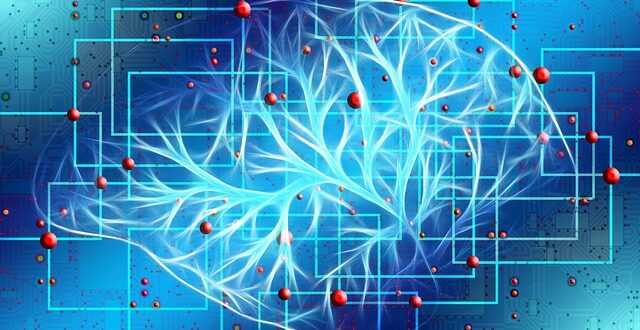Artificial Intelligence vs Google and Search Engines
In the last few decades, Artificial Intelligence (AI) has become an increasingly important and integral part of our lives. From self-driving cars to virtual assistants, AI is everywhere and is proving to be an invaluable resource. With the growing popularity of AI and the vast amount of data available to be processed, it has become increasingly necessary to have strong search tools to find the right information. Although Google is the leading search engine and has become a go-to solution for many people, AI-driven searches are becoming more and more popular.
What is Artificial Intelligence (AI)?
At its most basic level, artificial intelligence (AI) is the concept of machines being able to learn and act similarly to humans. This can range from simple tasks, such as sorting data or recognizing patterns in images, to more complex tasks, such as providing accurate advice when making decisions. AI requires the use of algorithms to process information, take input from a user, and apply it to an appropriate response.
To emphasis, AI (Artificial Intelligence) is an area of computer science that focuses on creating intelligent machines that are capable of making decisions, performing tasks, and solving problems autonomously. AI technology has been around for decades, but only recently has it gained traction as a viable tool for companies to use to achieve their business objectives. With the advent of powerful processing power and sophisticated algorithms, AI has the potential to reshape how companies and organizations approach data-intensive tasks. While search engines like Google and Bing are very effective tools for gathering information from the web, AI can do much more than these traditional search engines.
AI stands for Artificial Intelligence, which means computer programs that are built to act in a way similar to humans. People will be able to use to do many things, such as helping us search for information on the internet, make decisions, recognize objects, people, and even emotions.
Obviously, it can even be used to play games and play music. As a Matter of fact, it can make life easier by helping them find information or do things they couldn’t do without it. As technology improves, AI will become even more useful, ultimately leading to it being a valuable asset to many people.
Artificial Intelligence vs Google: What is the difference between AI and other search engines?
In comparison to traditional search engines which are limited to searching existing data, AI-driven search solutions offer a much more comprehensive and personalized experience. This is because AI-driven solutions can learn over time and adjust their search results based on the user’s preferences and past searches. This makes it easier for users to find the data they’re looking for and provides more accurate results.
In other words, AI-based systems are capable of making predictions, drawing insights, and even providing potential solutions to complex problems. AI systems are designed to learn as they go and can make decisions based on their own learning experience. AI-based systems are capable of analyzing larger and more complex datasets, accurately predicting outcomes or results, and helping to identify areas of potential improvement.
AI-driven search solutions also have much better natural language processing capabilities. In other words, this means they can search for meaning in the query rather than relying solely on keywords. This helps to improve the accuracy of the information provided and helps the user find the data they’re looking for more quickly.
Another Key Difference Between AI and Search Engines
Another key difference between AI and search engines lies in their ability to interact with a user. search engines are designed to provide relevant results to a particular query. AI-based systems, on the other hand, are designed to interact with and understand user behavior. This enables AI-based systems to better provide tailored and personalized responses to individual users.
Finally, AI also differs from traditional search engines in terms of its ability to self-develop. Instead of relying on predefined rules, AI-based systems can evolve by learning from data and implementing new rules as the situation changes. Consequently, this allows the system to better adapt to changing conditions and provide more accurate and relevant results.
Conclusion:
In conclusion, AI technology offers many advantages over traditional search engines, such as its ability to learn, understand user behavior, and self-develop. Therefore, they offer a more personalized and accurate experience, can understand natural language queries. With the increasing demand for data-driven solutions, AI is likely to become an increasingly important tool for organizations and businesses in the future. As AI continues to evolve, we can expect to see further improvements in the accuracy and quality of search results.
Cheers!
For more stories follow me on Telegram












